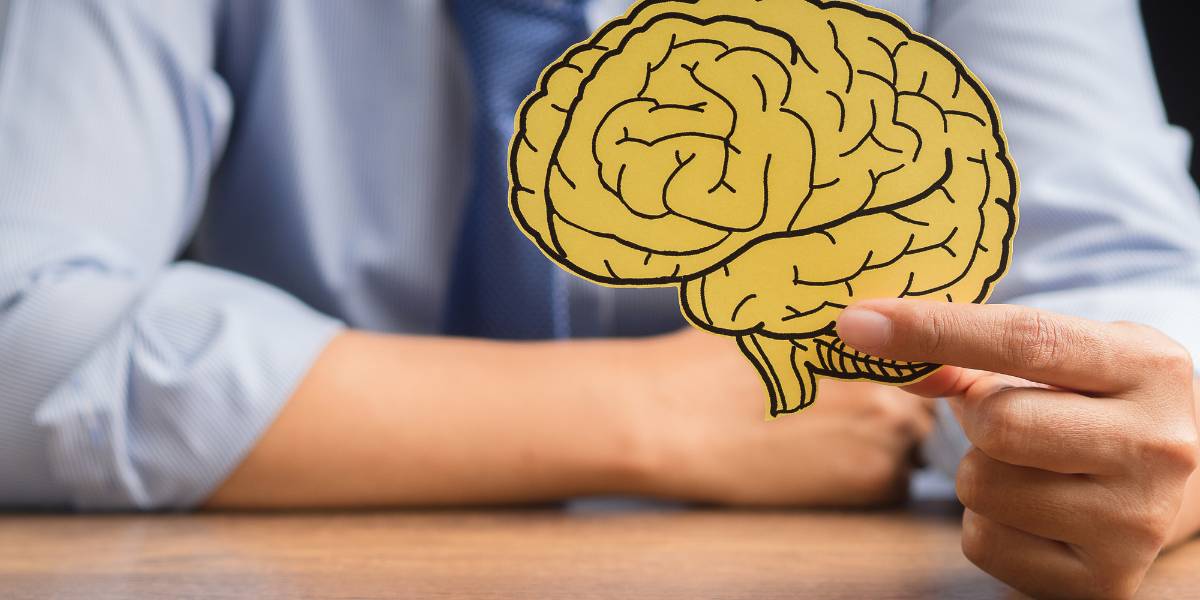A red protein responsible for transporting oxygen in the blood can act as an antioxidant in the brain, a new study has shown.
Academics from the Institute for Basic Science in South Korea have discovered that haemoglobin’s antioxidant role in the brain could be a game-changer.
The brain cells of people living with neurodegenerative diseases are damaged as a result of the aberrant reactive oxygen species (ROS).
Neurodegenerative diseases include amyotrophic lateral sclerosis (ALS), Parkinson’s and Alzheimer’s.
- Blood markers show how brain responds to insulin
- Increase in post-pandemic gut-brain disorders revealed in new research
- Musical training helps the brain to build cognitive reserve for older age
In an attempt to neutralise ROS, scientists have used various antioxidant drugs; however, they could not penetrate the brain effectively and indiscriminately damaged healthy cells.
During the trial, the team of researchers analysed the brain’s own defences against hydrogen peroxide (H₂O₂) – a particularly harmful form of ROS.
They found that haemoglobin breaks down H₂O₂ into harmless water while in the nucleolus of astrocytes – star-shaped brain cells critical for neuronal support.
Lead author Dr Won Woojin said: “The key was to uncover haemoglobin’s antioxidant potential in the brain and design a ‘first-in-class’ compound that could selectively enhance it.
“By boosting a natural defence mechanism rather than introducing an external antioxidant, we achieved strong and lasting protection across multiple disease models associated with oxidative stress.”
In the experiment, the scientists created a small, water-soluble molecule that can cross the blood-brain barrier called ‘KDS12025’.
According to experts, KDS12025 increases haemoglobin’s ability to decompose H2O2 by nearly 100-fold, without disrupting its normal oxygen-carrying function.
By analysing mouse models, the research team found that oral administration through drinking water protected neurons restored brain function and calmed reactive astrocytes.
In addition, oral administration through drinking water suppressed neuronal death restored brain function and normalised reactive astrocytes, the results have shown.
- Fasting triggers changes in the gut and brain that could help delay dementia
- Brain blood vessel cell function impaired by sugar alternative
- Brain thinning triggered by type 2 diabetes
KDS12025 restored motor function in the mouse models with Parkinson’s and recovered memory performance in the mouse models with Alzheimer’s, the study has reported.
Additionally, KDS12025 reduced inflammation and joint damage the mouse models with rheumatoid arthritis.
Joint author Director C. Justin Lee said: “This is a major step forward in the fight against neurodegenerative diseases.
“By enhancing the brain’s own haemoglobin to combat oxidative stress, we are opening an entirely new therapeutic avenue.”
Read the full study in the journal Signal Transduction and Targeted Therapy.





